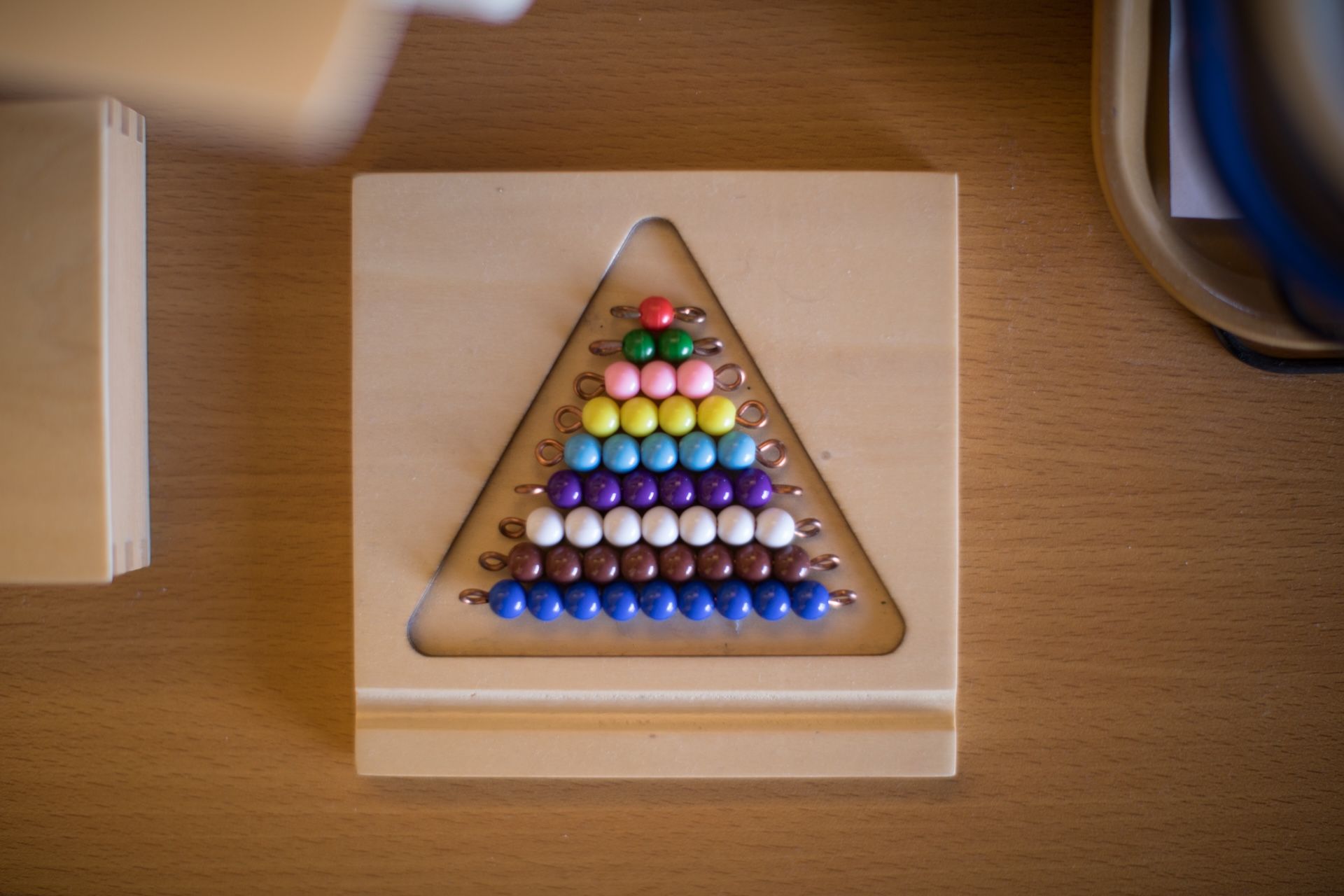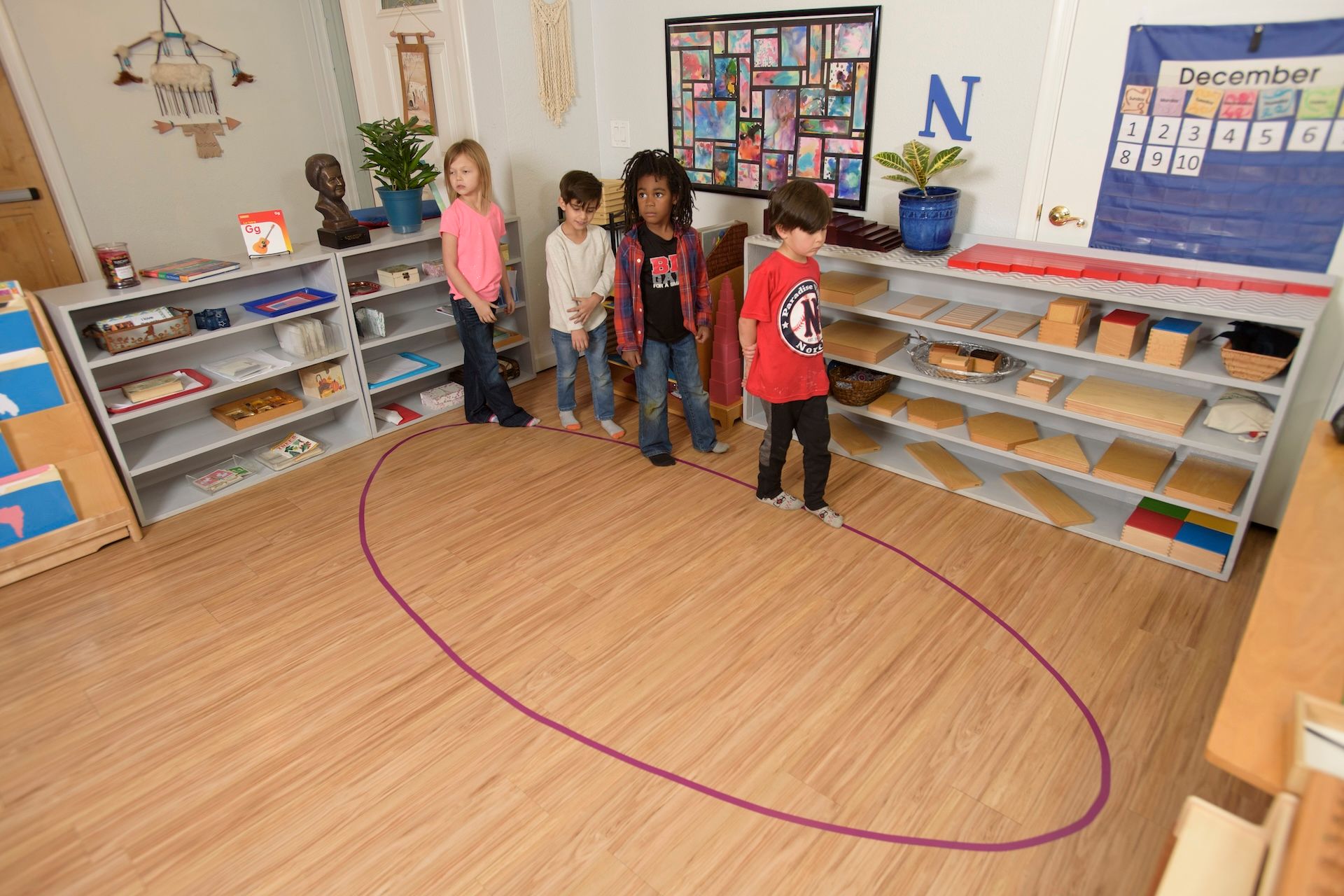When considering education, parents—and sometimes teachers—put a heavy emphasis on the academics of a potential program. While this is certainly worth evaluating thoroughly, it should never be the sole consideration when deciding where your child should learn.

Although it may seem surprising, the best academic outcomes don’t always come from the most rigorous programs or even the ones that seem the most intellectually in-depth. Programs that address multiple needs within children—like the emotional, physical, social—are the ones that seem to create the strongest and best-performing students.
Fear Hurts Learning
By now, most people recognize that emotions factor heavily into our ability to learn and process information. More and more studies are providing proof that there are significant impacts on cognitive function in periods of emotional tension. People of all ages don’t think as well when they’re lonely or feel isolated. There are measurable impairments that go along with changes in our emotional state. To promote more growth and learning, we have to provide less stressful environments for kids.
Stress hurts our thinking brain —the part that makes decisions and tries to think through problems. It keeps us from operating at full capacity. It only makes sense that reducing stress in the classroom has a huge impact on student success. Educational settings that encourage unity among students have higher levels of empathy and are more conducive to learning. There’s a lot to be said for an environment that reinforces lessons positively. Montessori teachers are trained to provide constructive, corrective instruction to children from very early ages. They’ve studied the way the brain develops and have learned what concepts a child at different ages can grasp. The extra layer of understanding helps them create a supportive environment.
Worrying about being wrong or sounding dumb should be the last thing on a young student’s mind. Everyone makes mistakes, especially in the early phases. It’s just how people learn having a supportive instructor, as opposed to one with more stringent punishments and negative reinforcement, enables students to focus on developing solutions to complex problems and understanding the world in new ways.
Emotional Education Starts Early
Emotional learning goes beyond having an encouraging environment in academics, though. Kids start learning how to process feelings from infancy. Anyone who’s seen a toddler have a seemingly irrational meltdown has seen how hard emotions can be when you’re still not sure what they mean or why they’re happening. A lot of environments seem to discourage adults from trying to understand what might be happening in a kid’s brain. Teachers don’t always try to remember what it was like to be young and may expect kids to behave like smaller versions of adults.
Montessori education recognizes what kids are going through and teaches them to give names to things they’re feeling. Like a math problem, an instructor will talk through a bout of anger or a wave of sadness with one of their students. Why do you think you’re feeling this way? Where do emotions come from? How can you express these feelings in a healthy way? Teachers also find ways to empathize with and reassure students during these strong emotions, when kids are likely to be at their most vulnerable. The ultimate goal is to further foster the environment of safety and security they want to create in their classroom.
Being able to understand feelings and learn in a place that doesn’t create stress is hugely important to kids. Not only do they grow up with a stronger understanding of themselves but they also take greater risks in their education—a hugely beneficial trait for future generations of research and development. Remember to consider the emotional atmosphere as much as any other aspect of your child’s education to give them the best possible opportunity to succeed.
The post The Importance of Emotional Education appeared first on Pebblecreek Montessori.
Hours
MONDAY - FRIDAY
HALF DAY: 8:30a – 12 noon
ACADEMIC DAY: 8:30a – 3:30p
EARLY CARE: 7:00a – 8:30a
AFTER CARE: 3:30p – 6:00p
OFFICE: 8:00a - 4:00p
Programs
Connect
Pebblecreek Montessori




